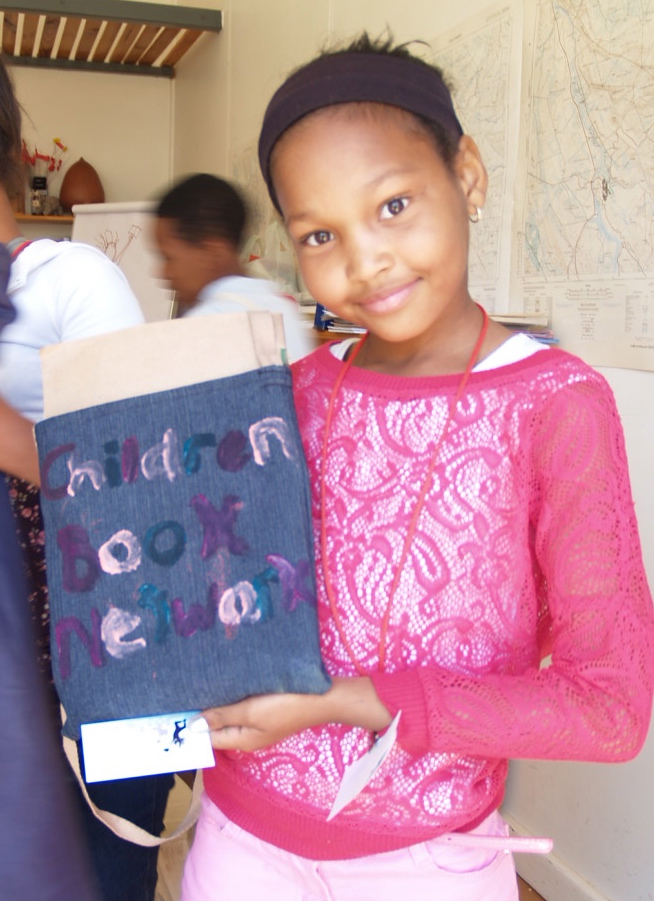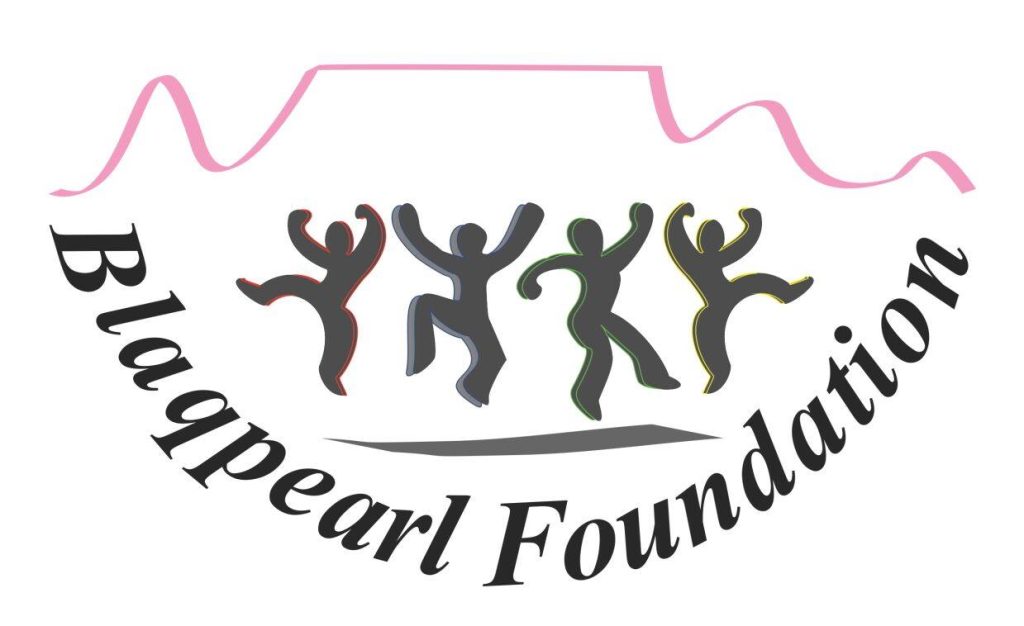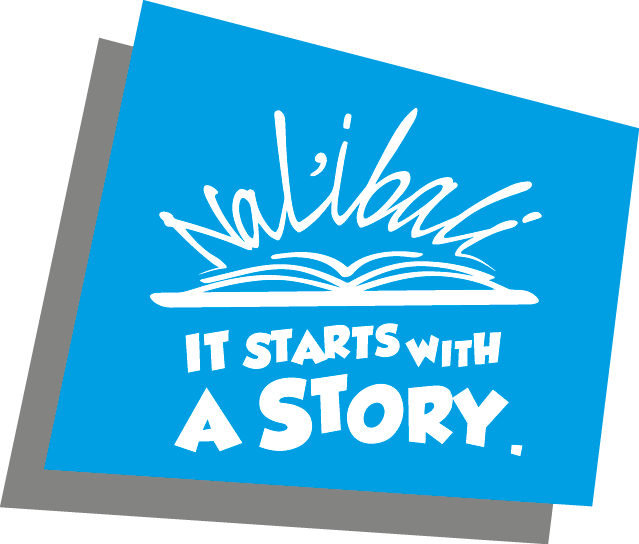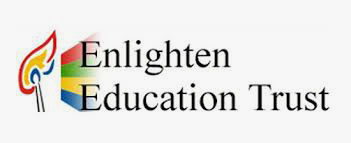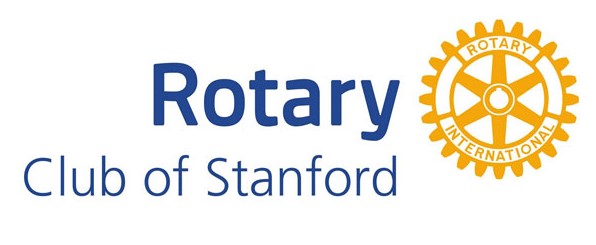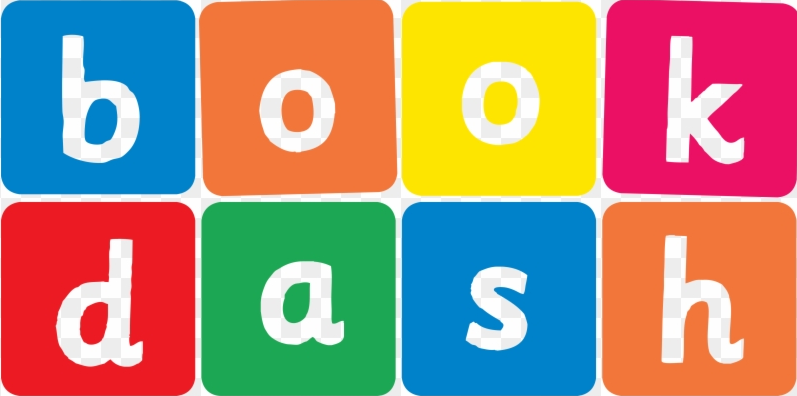We allow a self-selection process, which is administered by community workers or librarians. Permissions forms are issued to children who are interested (hopefully within the specified age groups, although children are always trying to sneak past this factor).
Children who are motivated enough will collect the forms, take them home, ask a parent or carer to complete them and then return them to the library or community worker. If they are willing to go to this much trouble, they are keen. It also means that we have the approval of carers and that they know where the children are. Invariably more children turn up (asking for forms). We try to accommodate them too as far as we can.
Experience has shown that accepting much younger or older children can disrupt the whole process (for the facilitators but, more importantly, for the other children. But it is very (very) hard to turn a child away. CBN is recreational – the children choose to do this in their free time. If somebody needs us, we try to be there for them. If that doesn’t work out (one well-meaning friend brought a child who turned out to be terrified of the other children) we find a gentle way of getting them out of the situation. On only one occasion were older boys asked not to come back on the second day. Those specific boys were probably the ones who got most out of a later trip to the theatre that was specifically for their age group.
Small children who once formed a delegation to ask for a workshop (with parental knowledge) specifically stated that they wanted ‘those papers the older children get’ to lend authenticity to the process. When we printed out some forms for their specially commissioned workshop, one little boy tucked his paper into his underpants to keep it safe.
There is never (ever) any element of competition in our workshop. No ‘best readers’ or ‘best writers’. Equally, we do not look for nominations for outstanding children. All are welcome. If we find a child who can’t read, we alert the school and library (parents too, if possible). If we find a behavioural problem or bullying happening, we alert the community members present and they follow it up.

